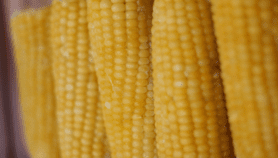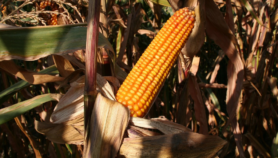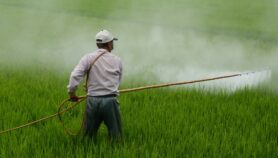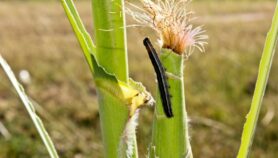By: Verenardo Meeme and Gilbert Nakweya
Send to a friend
The details you provide on this page will not be used to send unsolicited email, and will not be sold to a 3rd party. See privacy policy.
African smallholder farmers are grappling with agricultural challenges, including devastating pests that affect staple crops such as maize, cotton and cassava, leading to poor yields.
In this production on farmers from Kilifi County in Kenya’s costal region, SciDev.Net shows how the maize stalk borer pest attacks the maize crop, leading to poor production and suffering for local smallholders.
The stalk borer — native to North America — infests the plant’s stalk and upper leaves, causing wilting and can lead to death or stunting. According to scientists, stem borers reduce overall maize production in Kenya by an average of 13 per cent or 400,000 tonnes, which is equivalent to the normal yearly quantity that the country has to import to meet the deficit.
The stalk borer and other pests have adversely affected the production of maize, the staple food for more than 80 per cent of the Kenyan population. To address this problem, scientists working under the Water Efficient Maize for Africa (WEMA) public-private sector project, have conducted research and developed varieties that can withstand the stalk borer pest.
Researchers from the Kenya Agricultural and Livestock Research Organisation (KALRO) and partners have developed varieties resistant to the stalk borer and promising farmers’ better fortunes.
If adopted, Kenyan farmers will get stalk borer-resistant maize varieties resulting from many years of scientific search for a solution to relieve them from the shackles of the pest, and in the process increase production on their fields, contributing to improved livelihoods.
Disclaimer: The International Service for Acquisition of Agri-biotech Applications (ISAAA) sponsored a media trip to Kenya’s coast where Verenardo Meeme and Gilbert Nakweya shot this multimedia.This piece was produced by SciDev.Net’s Sub-Saharan Africa English desk.













